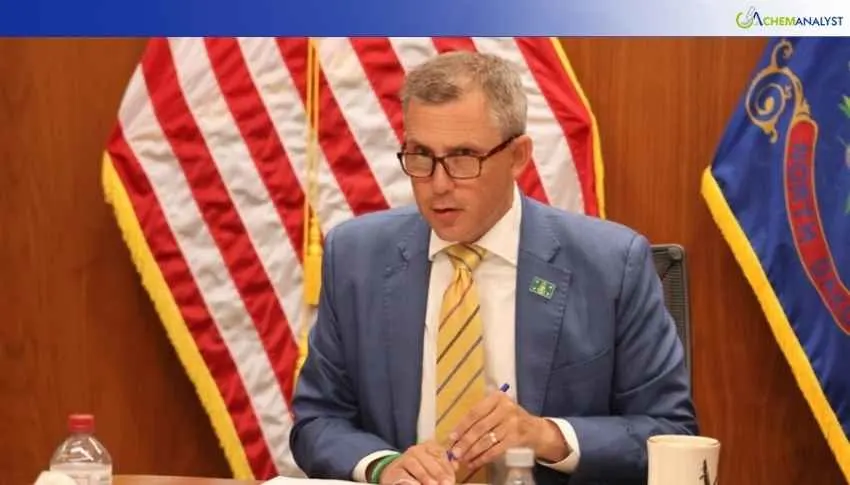Welcome To ChemAnalyst

North Dakota grants WBI $500M guarantee for Bakken East pipeline to supply eastern communities, boost energy security, and support economic growth.
The North Dakota Industrial Commission has approved a significant financial commitment to support a major energy infrastructure project that will expand the state’s access to natural gas. On Thursday, the commission awarded WBI Energy, a subsidiary of MDU Resources, up to $500 million in state-backed financial guarantees to construct a new natural gas pipeline. This ambitious project, known as Bakken East, is designed to transport as much as 1 billion cubic feet of natural gas per day from the Bakken oil fields in western North Dakota to communities in the eastern part of the state.
Governor Kelly Armstrong, who chairs the Industrial Commission, emphasized that the initiative will have far-reaching economic and energy security benefits. At present, eastern North Dakota relies almost entirely on the Viking Gas Transmission pipeline, which stretches across the U.S. and Canada. With WBI’s project, eastern communities will gain a more stable and diversified natural gas supply. Armstrong explained that the project not only strengthens local energy infrastructure but also allows the state to better utilize surplus gas produced in the Bakken, which often remains stranded due to limited transportation capacity.
The Bakken East project will be constructed in two major phases. The first will extend from McKenzie County to Washburn, with operations expected to begin by November 2029. The second phase will connect Washburn to Mapleton, just west of Fargo, with service planned by November 2030. Additionally, an extension line is proposed from Jamestown to Ellendale. Although WBI has not disclosed the full cost, experts, including the North Dakota Pipeline Authority, estimate the price tag could range between $1.2 billion and $1.6 billion.
Because the pipeline will connect with existing interstate networks, it will be regulated by the Federal Energy Regulatory Commission (FERC) rather than the North Dakota Public Service Commission. The state’s financial guarantee acts as a backstop by purchasing pipeline capacity. Over time, this capacity is expected to be transferred to private businesses, many of which have already expressed interest. If the state cannot offload its share, it could face costs of up to $50 million annually for 10 years, funded through loans from the Bank of North Dakota and repaid with state dollars.
The Industrial Commission selected WBI’s proposal over a competing plan from Intensity Infrastructure Partners, largely because WBI committed to completing both phases of its project. Intensity, by contrast, had secured firm plans for only the first phase. Officials, however, encouraged both companies to explore collaboration to avoid duplicative efforts and reduce landowner burden.
According to WBI President Rob Johnson, the state’s backing should be seen as a bridge rather than a subsidy, providing the company with the confidence to move forward while potential customers finalize their investment commitments. Demand for natural gas is expected to come from a mix of power generation projects, data centers, industrial users, and residential customers.
Land acquisition is another critical step. WBI reports it has secured survey permissions from more than 80% of landowners along the proposed 350-mile route. The company has pledged to engage with landowners through meetings and public forums as part of the FERC review, with eminent domain considered only as a last resort.
Governor Armstrong summed up the project’s importance, noting that without new natural gas pipelines, oil production in the Bakken could be constrained as wells age and produce higher volumes of gas. The Bakken currently generates more than 3 billion cubic feet of natural gas daily, and enhancing transport capacity is essential for sustaining oil output.
We use cookies to deliver the best possible experience on our website. To learn more, visit our Privacy Policy. By continuing to use this site or by closing this box, you consent to our use of cookies. More info.
